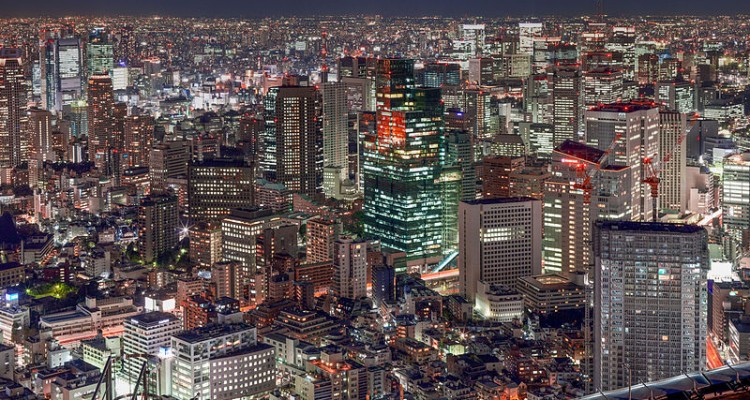For those wishing to see Japan legalize and regulate casinos, June of last year proved particularly frustrating as the Diet ran out of time to pass a bill in the regular session. The parliament held a special session lasting into August and hopes of revival were dashed then as other presidential business, including an immediate general election took focus off the issue. Then in November it was reported that gambling legislation would be delayed indefinitely.
Several bills have suffered an untimely demise as strategies have shifted and other priorities have taken the forefront. In late April pro-casino legislators including members of the ruling party submitted an enabling gambling bill. In March it was announced that legislators amenable to the issue were planning to submit legislation again before the end of the month, but on the eve of the final day of regular business they decided to table the action. All bets are not off the table however as the Diet will conduct business this year well into July going by the current calendar.
Prime Minister Shinzo Abe has advocated the legalization of casinos as a key part of his economic plan. Some analysts predict that normalized gambling could bring in as much as $40 billion a year to the Japanese economy. A concerted effort has been in the works for some time now with some observers wondering if it is too late for Japan to build and open casino resorts before the 2020 Tokyo Olympics, which will bring a host of long-term economic benefits to the country.
The American Gaming Association has taken a front row seat in advising lawmakers. Diet members met with the group in Washington DC at about the same time Prime Minister Abe visited the U.S. capital earlier this month, and have offered a variety of assistance.
An enabling casino bill is still pending review by the Diet, and although a consensus has not been reached, it may be moved forward anyway according to some reports. Small towns and regional cities are beginning to show interest in the effort and lending their support internally.
Municipalities such as Tokyo and Osaka would likely be top contenders for integrated resorts if industry heavy weights like Las Vegas Sands Corp and MGM Resorts International can get approval and build their venues before the international community descends on the island nation in five short years. Other cities mentioned as top contenders include Okinawa as well as Sapporo.
The current gambling business in Japan is not considered gambling per se as Japanese laws regard pachinko as an exception to the criminal code for historical, monetary, and cultural reasons. However the slot-machine like games generate as much as US$20 billion in revenue annually.
Kazuo Okada and family, who have a hand in supplying their machines to a vast majority of pachinko parlors in the country by most estimations hold a current net worth of $1.3 billion. The patriarch indicated to news outlets as far back as 2011 that he would be very interested in operating casinos in Japan if the ban were lifted. Okada’s Tiger Resort, Leisure and Entertainment, Inc is currently working to open the largest integrated casino resort in Manila by 2016 – Manila Bay Resorts in PAGCOR’s Entertainment City. Recent developments are making that date more certain with each release of information.
According to a recent Bloomberg Intelligence report on ejiinsight.com Japanese casinos would give visitors from northeast China an alternative that is closer to them than Macau. The report goes on to note that Chinese visitors to Macau from the nine provinces closest to Japan spent about US$6 billion last year. It also mentions that casino resorts in Singapore have been a catalyst for growing tourism numbers since Manila Bay Sands and Resorts World Casino Sentosa began full operations in 2010. 15.6 million people visited Singapore last year.
Many opponents remain entrenched for cultural and religious reasons, however simply introducing the bill again, in time for lengthy debate and consensus building in this years extended session may be the best strategy as the clock to 2020 ticks down.


